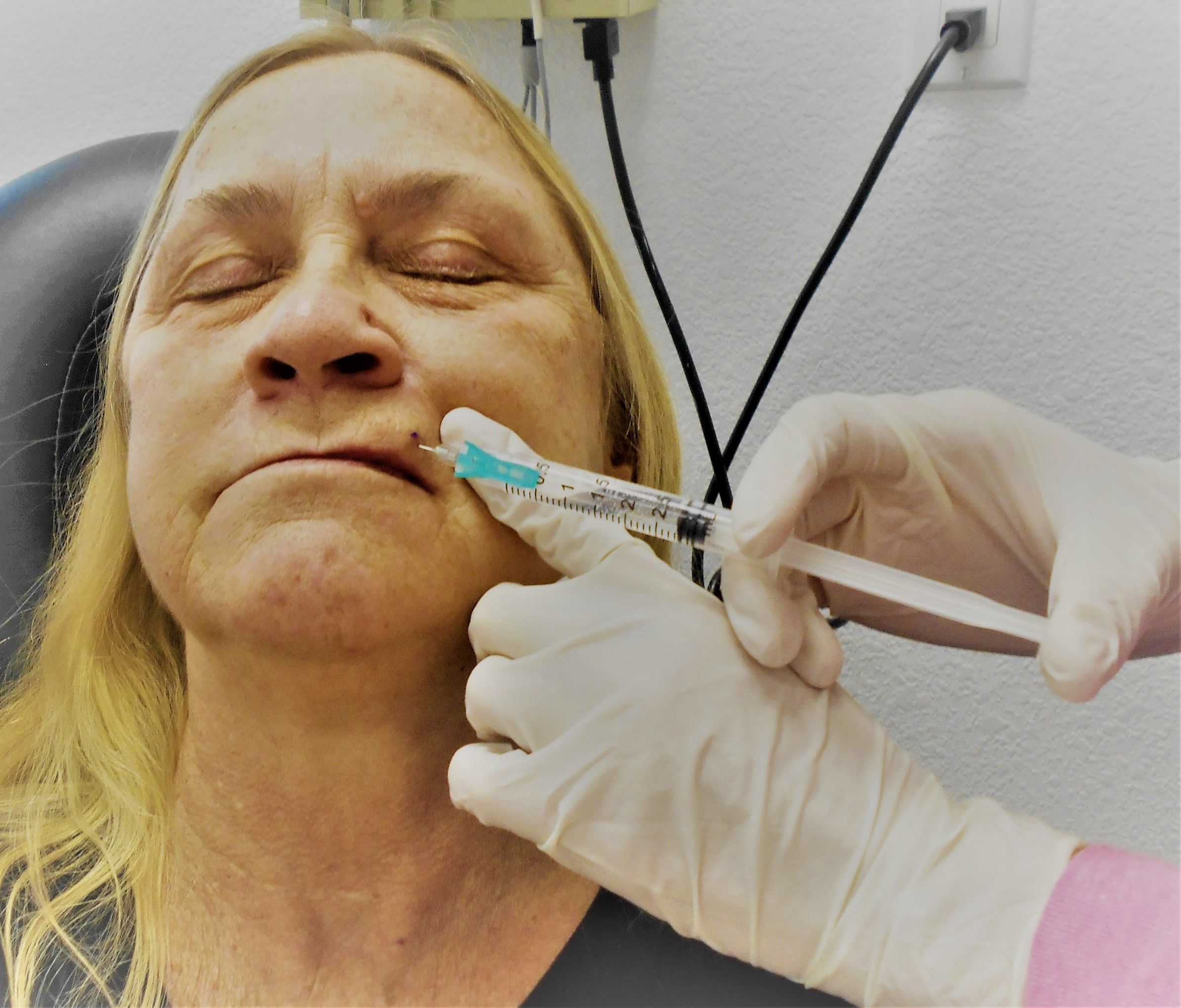- Case-Based Roundtable
- General Dermatology
- Eczema
- Chronic Hand Eczema
- Alopecia
- Aesthetics
- Vitiligo
- COVID-19
- Actinic Keratosis
- Precision Medicine and Biologics
- Rare Disease
- Wound Care
- Rosacea
- Psoriasis
- Psoriatic Arthritis
- Atopic Dermatitis
- Melasma
- NP and PA
- Skin Cancer
- Hidradenitis Suppurativa
- Drug Watch
- Pigmentary Disorders
- Acne
- Pediatric Dermatology
- Practice Management
- Prurigo Nodularis
- Buy-and-Bill
Article
Hope for the Future: Innovative Physicians Changing the Way Health Care Delivered
Author(s):
Marty Makary, MD, MPH, predicts systemwide change in the world of health care.
Innovations in the way health care is delivered that are being spearheaded largely by physicians at the beginning of their career coming into the field should provide hope for the future of medicine, according to a speaker at the 2022 American College of Mohs Surgery Annual Meeting being held May 12 to 15 in Philadelphia, Pennsylvania.1
In a keynote session, Marty Makary, MD, MPH, surgeon and public policy researcher at Johns Hopkins Medicine, in Baltimore, Maryland, told the audience that these innovations will mean a systemwide change in how health care will be delivered.
“’Holistic care’ doesn’t capture it, ‘precision medicine’ doesn’t capture it,” Makary said, noting these phrases are not enough to describe some of the changes that are being talked about in medical schools and by the physicians joining the profession. “They are asking ‘should we be treating more patients with diabetes with cooking classes as opposed to medicine,’ ‘should we be talking about school lunch programs as much as we talk about bariatric surgery,’’ should we be treating more high blood pressure patients with stress management instead of throwing antihypertensives at them’?”
These solutions are needed, he said, because our current health care system is in crisis. He boiled the current health care crisis down to 2 central drivers, specifically appropriateness of care and pricing failures that are creating an open door for a “middle-man industry,” that is setting prices and making it difficult to deliver quality care at a price that is manageable for most patients.
As an example of inappropriate care, Makary pointed to the numerous studies that exist about antibiotic management being sufficient to manage about two-thirds of appendectomy cases, and yet this surgery is routinely done.2 “Our European surgeon colleagues are laughing at us, saying ‘we’ve been doing [antibiotic treatment] for decades, yet adoption is slow’ here,” he said.
In another example, Makary said it has been routine practice for some time to recommend daily low-dose aspirin to prevent cardiovascular disease. He said recently released recommendations from the US Preventive Services Task Force now reverse this recommendation in adults ages 60 and over.3 He said growing evidence has shown that this practice may lead to gastrointestinal issues and potential strokes, and getting this information is what he said needs to be done to hone in on appropriate care targets. “The best way to lower drug prices in the United States is to stop taking medicines we don’t need,” he said.
Addressing price points, Makary said that health care cost problems are systemic, even reaching as far as the National Institutes of Health (NNIH). “In 2020, NIH spent 2.2 more times on aging research that we did on COVID-19 research,” Makary said. “Now look, I’m all for research into aging, but not during a pandemic.”4
Another issue is the pricing of the medications themselves. One need only look at their local pharmacies to see huge differences in the prices of medications that patients use every day to witness the systemic problems of pricing in health care, and that’s not even taking into account the differences in insurance payments and reimbursement structures.
So, what’s the answer to this crisis? Makary said it’s going to take a shift in the way that medicine is delivered. And the good news is that these changes are coming, he said.
“Social justice is a generational value,” in those graduating from medical school, Makary said, and that, he continued, will likely yield a better future ahead.
Reference
- Makary M. The grassroots movement to redesign healthcare – preparing for the future of medicine. Presented at: 2022 American College of Mohs Surgery Annual Meeting; Philadelphia,May 12-15, 2022.
- A randomized trial comparing antibiotics with appendectomy for appendicitis. NEJM. 2020;383(20):1907-1919. doi:10.1056/NEJMoa2014320
- US Preventive Services Task Force, Davidson KW, Barry MJ, et al. Aspirin use to prevent cardiovascular disease: us preventive services task force recommendation statement. JAMA. 2022;327(16):1577. doi:10.1001/jama.2022.4983
- Estimates of Funding for Various Research, Condition, and Disease Categories (RCDC) Report. Accessed May 13, 2022. https://report.nih.gov/funding/categorical-spending#/






